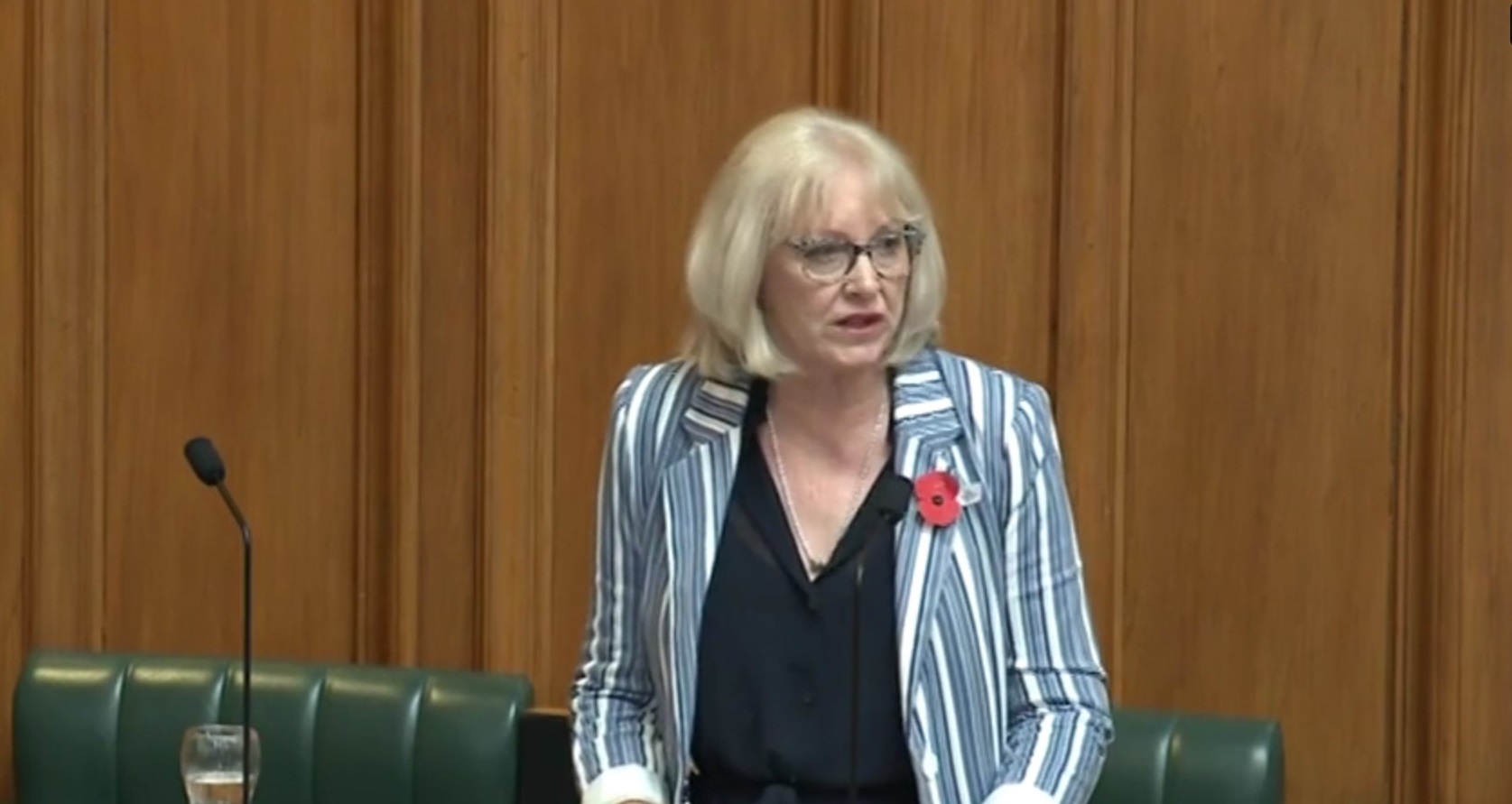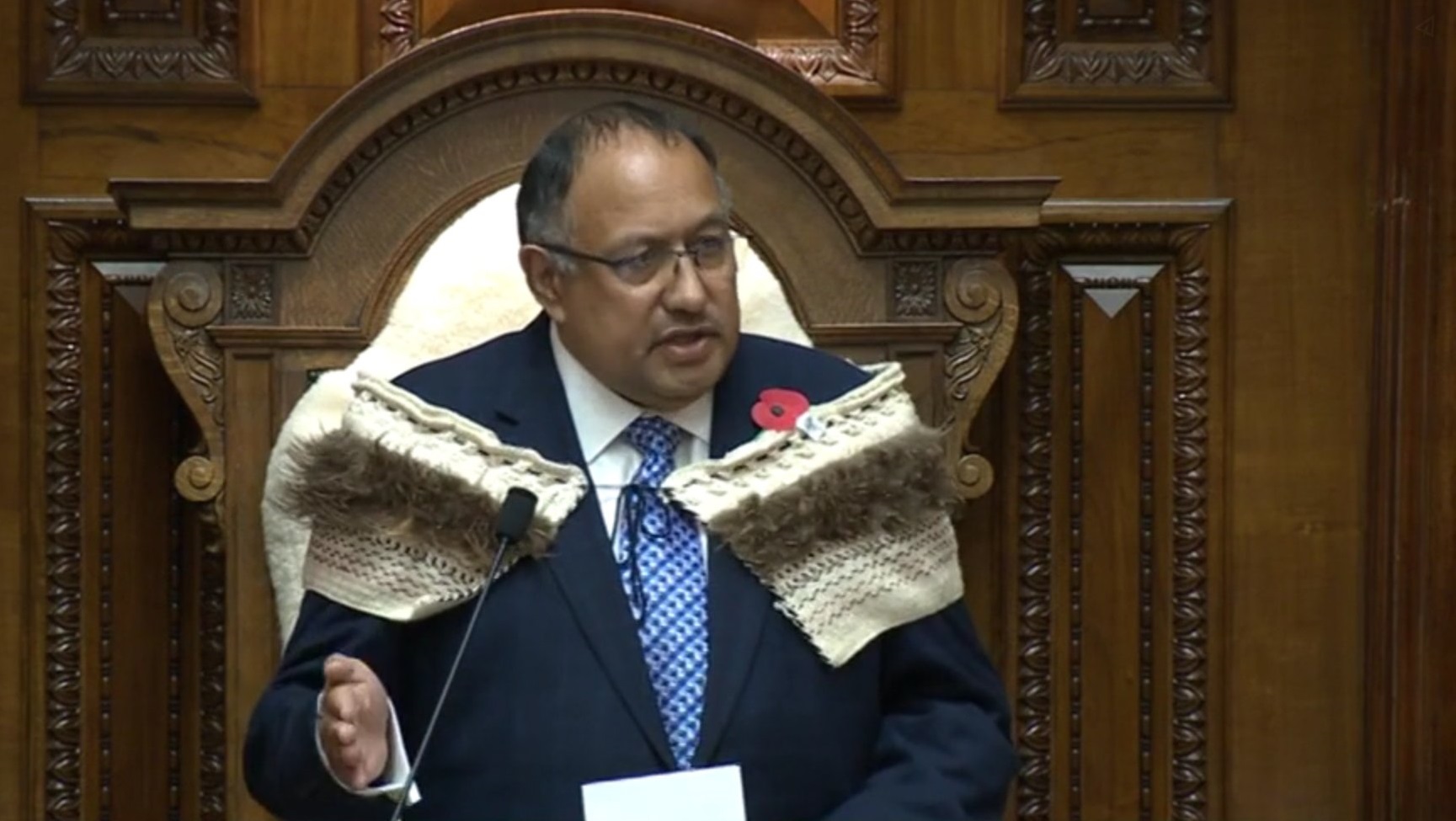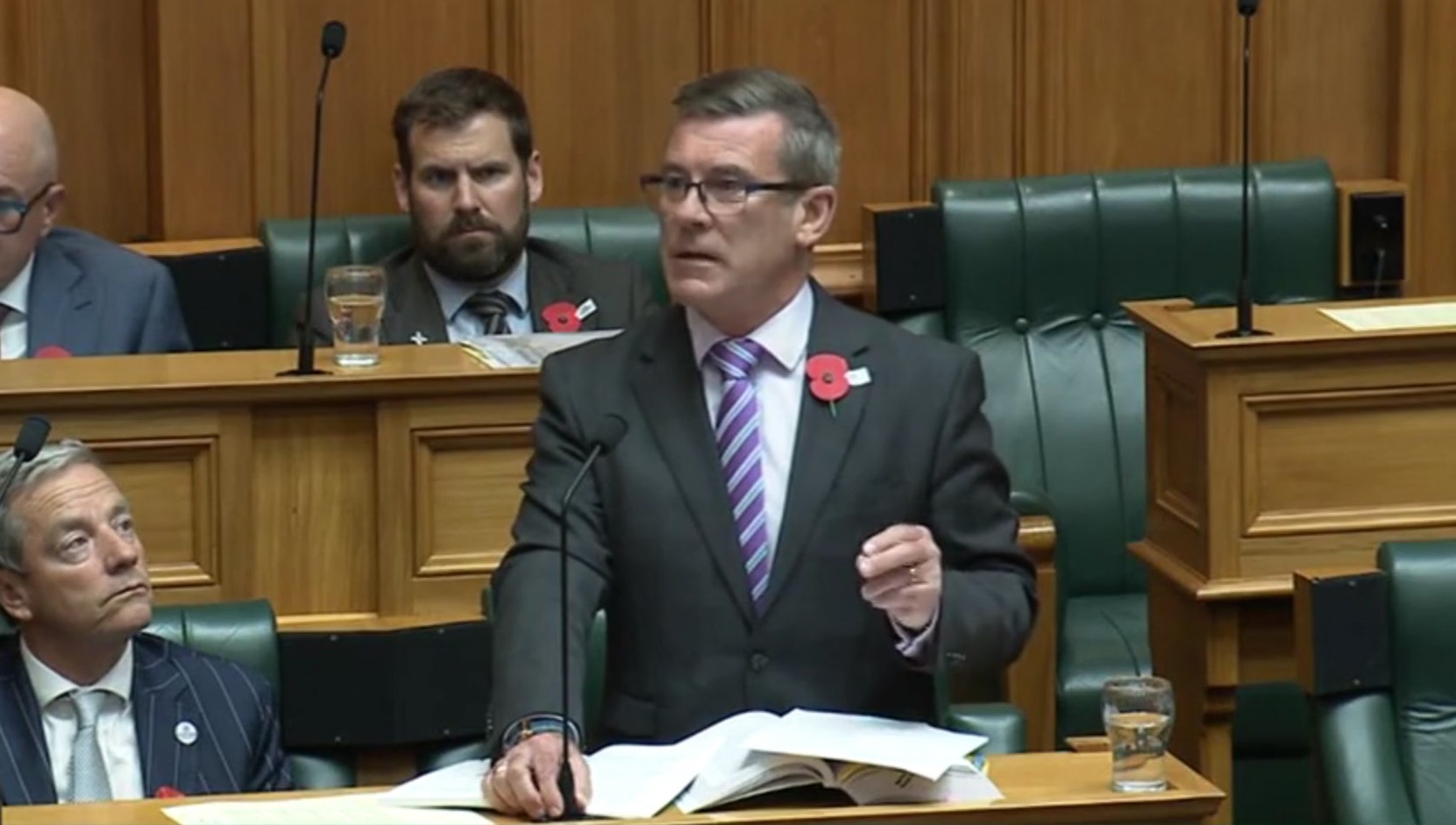

Waitaki National MP Jacqui Dean does not ask many Parliamentary Questions these days: National is allotted so few primary questions due to its poor showing at the last election that once the glamour portfolios such as finance, health and police get their share there is precious little left for the Conservation spokeswoman.
Even so, few would have sensed that when she got up to ask Question 9 to the Minister of Conservation: "Does she stand by all of her statements and actions?", that it would be quite so dramatic.
While sounding quite innocuous, National knew that it was, literally, playing with fire on this one.
A series of huts in Te Urewera have been rendered unfit for use in recent weeks, a situation which has led to legal action and recriminations.
After a two-day court hearing earlier this week, the High Court granted interim relief to someone wanting to seek judicial review of the whole matter, stopping the process until the court could fully consider the issue.
However, National believes there are still several questions to be asked, specifically exactly what did Conservation Minister Poto Williams know about it all, when she did she know it, and who told her.
However, to ask those questions it first needed the Speaker’s say-so.
There is an understanding that Parliament does not interfere in the work of the courts, and vice versa, so as to maintain the separation of powers between the two.
However, the courts are often considering matters of public interest, and Speakers past have permitted MPs to mull over those matters too, so long as they do not put themselves at risk of potentially prejudicing any ongoing proceedings or potentially influencing jurors.

The Speaker then has to balance the privilege of freedom of speech against the public interest in maintaining confidence in the judicial process and decide whether to allow the question or not.
Mrs Dean was well aware of the process — she is an assistant Speaker — and properly followed it.
However, on this occasion the Speaker ruled the matter was sub judice and disallowed Mrs Dean’s first supplementary question, sparking a chain of points of order, objections and interjections from Shadow Leader of the House Chris Bishop and his deputy, Dunedin list MP Michael Woodhouse.
Mr Bishop’s gripe was that Mrs Dean was asking for the Minister to account to the House for a previous statement, comments which had no part at all to play in any matter before the court, and that sub judice did not apply.
The Speaker said that his understanding of the court ruling was that sub judice was definitely in play, which brought Mr Woodhouse to his feet to essentially, despite his denials, re-litigate the matter — a step which always comes with the added risk of incurring the Speaker’s wrath and being ejected from the House.
"My colleague is not actually arguing or questioning any matter before the court," Mr Woodhouse said.

The Speaker responded that that was all very well, but Mrs Dean, in asking the question, could not know whether the minister’s answer might be a breach of the sub judice rule ornot.
That seemed an overly cautious ruling , given that the content of the still as yet ungiven answer was the responsibility of the minister themselves and they could surely answer in a way which was cognisant of that problem ... a point raised by Mr Woodhouse in a further point of order, during which he came perilously close to a full-on wrangle with the Speaker.
Eventually, Mrs Dean finally got to ask another question — "When did she become aware that the answer to question No 7 regarding Te Urewera that she gave to the House on October 27 was incorrect?", to which Meka Whaitiri, answering on behalf of the Minister, gave the answer Mr Woodhouse had earlier all but suggested that she should give: "It would be inappropriate for me to comment on matters before the courts."
Eventually, following another disallowed question from Mrs Dean, Parliament moved on to other things, but this is a matter it will surely return to.
It is entirely appropriate that the Speaker heeds the different roles of Parliament and the courts, but the Speaker must also not restrict free speech or the holding of ministers to account.
This was a tough call, and one which National patently thought the Speaker got wrong.

Which is as maybe but they will have to wait for next week, and for the Speaker’s further indulgence, before asking it again.
With friends like these . . .
It’s not often that Act New Zealand and Dunedin Labour MP David Clark see eye to eye, but on Thursday Act was falling over backwards to pay him backhanded compliments.
In an early morning announcement with the Commerce Minister hat on, Dr Clark revealed a range of measures to increase competition in the banking sector, including allowing customers to securely and without prejudice see what other, maybe better, deals other banks might be offering.
Minutes later Act put out a press release praising the move, although lamenting that it had taken Labour five years to have the idea and that it would likely take another two years to implement it.
Taking a stand
Michael Woodhouse is nothing if not a trier: this week he was confirmed as National’s candidate for the Dunedin seat.
This will be the sixth time Mr Woodhouse has contested Dunedin, and Dunedin North before it, and he is batting 0 for 5 at the moment . . . although National did win the party vote in the seat in 2014.
There had been speculation in some quarters that Mr Woodhouse might consider retirement at the end of this Parliament, speculation which he always rejected.
Given National’s recent good polling and the right-ward swing in the local body elections Mr Woodhouse might even favour himself a bit better than a runner’s chance in 2023, although he is far more likely to be dependent on a high list placement to make it back in to Parliament.











